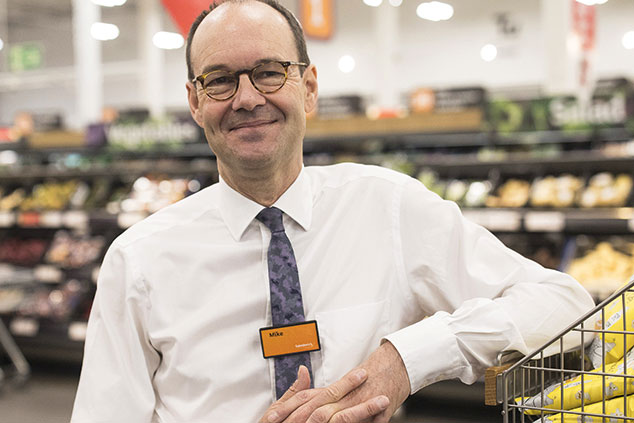
The Sainsbury’s-Asda merger was a surprise, but the reasoning behind it is sound. More are on the way.
It was a deal that took everyone by surprise. But when the City learned that Sainsbury’s was planning to merge with Asda, it liked the look of the combination. The shares jumped from 270p to 320p as soon as the market opened, as analysts and fund managers started to crunch the numbers on the potential cost savings.
It’s not hard to understand why. The retail industry has been under intense pressure for years. Mergers might only be a temporary fix – but they are still a fix of sorts. They allow a company to cut costs, beef up its buying power and rationalise store numbers. No doubt other big firms are making the same calculation. Here are five that would make sense.
1. WH Smith and Boots
The UK’s largest newsagent and books retailer has managed to keep its share price up for years by ruthlessly cutting costs. Boots, the country’s largest pharmacy chain, has been through a series of reorganisations, and is now part of the US Walgreens Boots Alliance conglomerate. The two would make a natural fit. They are both mid-market, specialist high-street retailers with a deep legacy, and at least some remaining brand loyalty, but facing stiff competition from the supermarkets and the internet. A merger, with Walgreens taking a stake much as Walmart will in the Sainsbury’s-Asda tie-up, would allow both of them to cut costs even further.
2. John Lewis and M&S
True, its partnership model makes it hard for John Lewis to do a deal. It doesn’t have any shares to offer. But that is surely a problem a creative financier could fix – it could team up with a private-equity firm, for example, and buy M&S with debt. With its rather odd mix of not-very-fashionable clothes and expensive food, M&S has been a strategic mess for years, but it still has a great brand that is popular among the British middle classes and is a natural fit for John Lewis. The food halls could be merged with Waitrose, and the clothes operation could be turned into a mini-department store – and where the two are competing, shops could be closed.
3. Poundworld and Morrisons
Poundworld has run into trouble recently – it is to close more than 100 shops. Morrisons has been facing the same problems as other supermarkets, although it has coped better than most. The relatively downmarket chains would make a perfect match.
4. Tesco and B&Q
B&Q’s French unit struggles and the British shops, despite dominating the market in home decorating, are likely to need reinventing as the internet retailers move onto its turf. Under Dave Lewis, Tesco has recovered rapidly, and no company better understands mid-market retailing on a massive scale. Put the two together and there would be cost savings, as well as a database of customers that would rival even Amazon’s.
5. Arcadia and Next
Philip Green is thinking about selling at least part of his Arcadia empire, which includes the flagship TopShop chain and Burton and Wallis. There have reportedly been talks to sell TopShop – the jewel in the crown. At the same time, Next, after two decades of almost miraculous growth, looks to have stalled. In March it reported profits down by 8%. Green was a brilliant retailer in his day, but Next’s Simon Wolfson is probably the best person to squeeze profits out of the stagnant clothing-retail market. And the Next team could certainly handle TopShop.
City investors should recognise that retail isn’t going to stage a recovery any time soon. There are too many pressures on costs, and competition from the tech giants is growing all the time. Mergers are one way to keep profits steady in tough times. Our five mega-deals are ones to watch out for. If the companies don’t initiate them, then it might well be time for some persuasion from shareholders.
• The original version of this article stated that Poundland was to close more than 100 shops, rather than Poundworld. We apologise for the error.